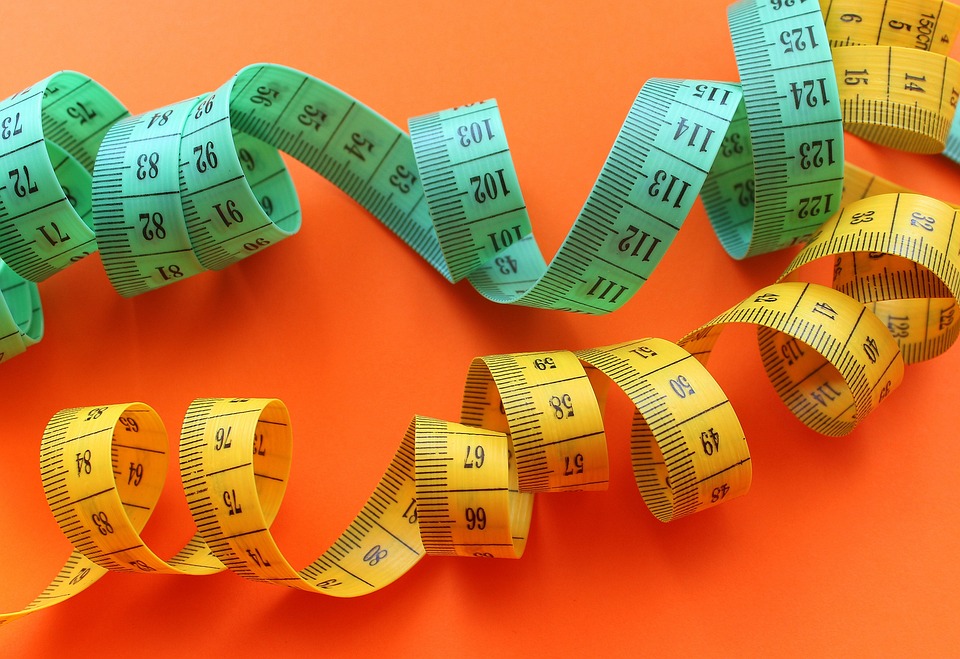
The Rise of Unrealistic Beauty Standards
In today’s society, beauty standards have become increasingly unrealistic and unattainable. With the rise of social media platforms like Instagram, Facebook, and Snapchat, individuals are constantly bombarded with images of flawless celebrities, influencers, and models who seem to epitomize perfection. These unrealistic beauty standards often promote a narrow definition of beauty that places a heavy emphasis on physical appearance, leading many individuals to feel inadequate and insecure about their own looks.
The Impact on Mental Health
The pressure to conform to these unrealistic beauty standards can have a detrimental impact on individuals’ mental health. Research has shown that exposure to idealized images of beauty can lead to feelings of inadequacy, low self-esteem, and poor body image. This can result in a range of mental health issues, including depression, anxiety, and eating disorders.
When individuals constantly compare themselves to the airbrushed and filtered images they see on social media, they may develop a distorted perception of their own appearance. This can lead to negative self-talk, self-criticism, and a never-ending quest for perfection that is unattainable. The relentless pursuit of an idealized version of beauty can take a toll on individuals’ mental well-being, creating feelings of dissatisfaction and unhappiness.
Social Media and Beauty
Social media plays a significant role in perpetuating unrealistic beauty standards. On platforms like Instagram, individuals can easily alter their appearances using filters, editing tools, and photo manipulation techniques to achieve a flawless look. This curated version of reality can create a distorted view of beauty that is unattainable in real life.
Influencers and celebrities often set the bar for beauty standards on social media, showcasing their seemingly perfect bodies, flawless skin, and glamorous lifestyles. Many individuals strive to emulate these idealized images, leading to feelings of inadequacy and insecurity. The constant comparison to these unrealistic beauty standards can fuel feelings of envy, jealousy, and dissatisfaction with one’s own appearance.
The Pressure to Conform
The pressure to conform to societal beauty standards can be overwhelming for many individuals. Advertisements, magazines, and media outlets often promote a narrow definition of beauty that values thinness, youth, and physical perfection. This can leave individuals feeling like they do not measure up to society’s standards of beauty, leading to low self-esteem and body image issues.
The beauty industry also plays a role in perpetuating unrealistic beauty standards. With the rise of cosmetic surgeries, fillers, and other cosmetic procedures, individuals may feel pressured to alter their appearances in order to meet society’s beauty ideals. The pursuit of physical perfection through these procedures can be costly, time-consuming, and potentially harmful to individuals’ mental and physical well-being.
Breaking Free from Unrealistic Beauty Standards
It is crucial for individuals to challenge unrealistic beauty standards and embrace a more holistic view of beauty that values diversity, authenticity, and self-acceptance. Here are some ways to break free from the pressure to conform to societal beauty ideals:
Practice Self-Compassion
Instead of comparing yourself to the idealized images you see on social media, practice self-compassion and self-acceptance. Remember that beauty comes in all shapes, sizes, and forms, and that true beauty is about embracing your unique features and qualities.
Cultivate a Positive Body Image
Focus on cultivating a positive body image by engaging in activities that make you feel good about yourself. This could include exercise, meditation, self-care routines, and surrounding yourself with supportive and empowering individuals who lift you up.
Avoid Comparison
Limit your exposure to idealized images of beauty on social media and in the media. Instead, focus on celebrating diversity and authenticity in all forms. Remember that beauty is not one-size-fits-all, and that true beauty shines from within.
Conclusion
Unrealistic beauty standards can have a profound impact on individuals’ mental health, leading to feelings of inadequacy, low self-esteem, and poor body image. The pressure to conform to societal beauty ideals can be overwhelming, creating a never-ending quest for perfection that is unattainable.
It is important for individuals to challenge these unrealistic beauty standards and embrace a more holistic view of beauty that values diversity, authenticity, and self-acceptance. By practicing self-compassion, cultivating a positive body image, and avoiding comparison, individuals can break free from the pressure to conform to society’s narrow definition of beauty and embrace their own unique beauty.